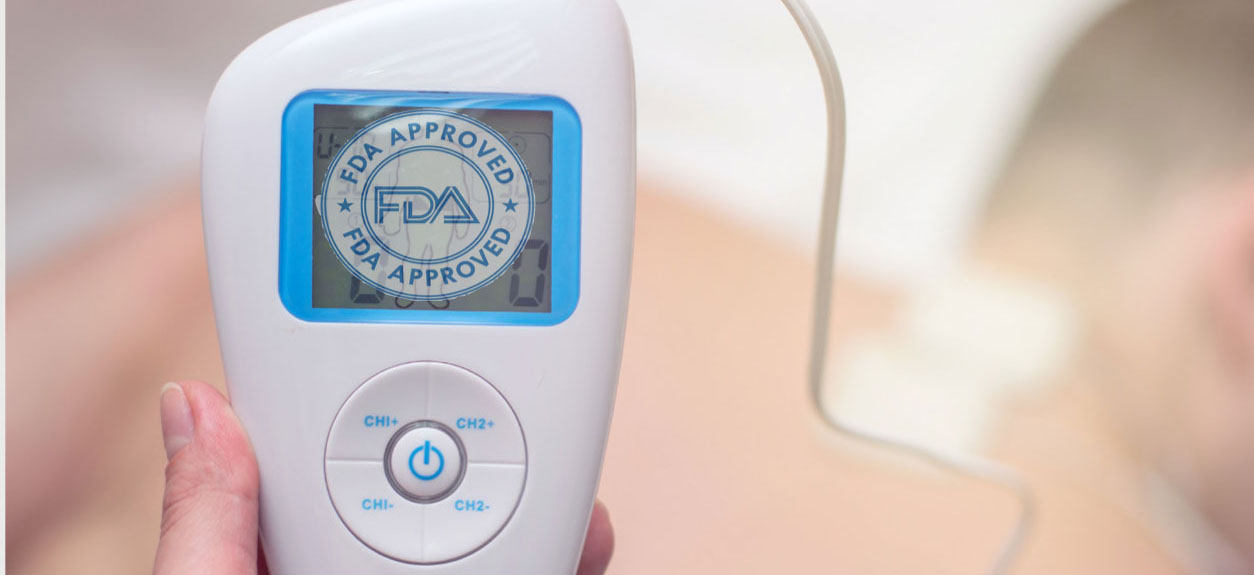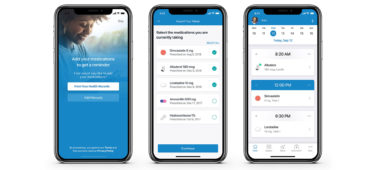On April 16, 2021, the FDA announced the withdrawal of their January 15, 2021 proposal to exempt 84 medical device types from the FDA’s premarket notification, or 510(k), requirement. The proposal included devices critical to combating the COVID-19 public health emergency, ranging from personal protective equipment and ventilators to remote patient monitoring and other types of digital health devices.
Specifically, the proposal was intended to address device types for which the FDA had created enforcement policies in response to the COVID-19 pandemic to waive or make more lenient the applicable regulatory processes for the duration of the public health emergency. The January 15, 2021 proposal, issued during the final days of the prior administration, sought to make these regulatory flexibilities permanent through waivers of the 510(k) requirement for 84 device types.
Know Your Limitations
The withdrawal of the January 15, 2021 proposal should serve as a reminder to developers and marketers of such critical medical devices that despite the regulatory flexibility provided by the FDA’s COVID-19 enforcement policies, such flexibility is not without limits. Unlike the January 15, 2021 proposal, which set forth no apparent limitations on the proposed exemptions, the FDA’s COVID-19 enforcement policies each contain conditions and limitations unique to each device type, including a number of significant statements to include in the device labeling:
- Clearance/Approval Status: A statement that the marketed device is not FDA cleared or approved, or if the device is FDA cleared, a delineation of the FDA-cleared indications and claims that are not FDA cleared.
- Specific information that limits the intended use of the device: For example, in the FDA’s policy for non-invasive remote monitoring devices, inclusion of a prominent notice to users that the device is for adjunctive (supporting) use only.
- Other statements that mitigate the device creating an “undue risk”: For example, in the FDA’s policy for digital health devices for treating psychiatric disorders, instructions for the patient to contact a physician before using the device, even when marketing the device directly to consumers.
Developers and marketers relying on a COVID-19 enforcement policy should have a thorough understanding of the policy’s unique and significant conditions and limitations to ensure that the design of and marketing materials for their devices are consistent with the policy as failure to do so may be viewed by FDA to create an “undue risk in light of the public health emergency” warranting administrative or enforcement action.







